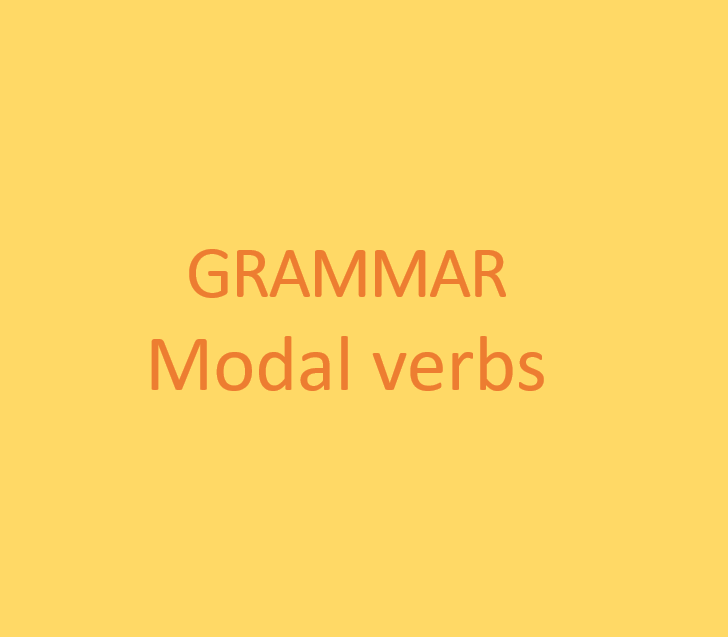Modal verbs are special verbs which behave irregularly. They give additional information about the function of the main verb that follows it.
Here is a list of the modal verbs:
| can | could | may | might | would |
| will | must | shall | should | ought to |
Characteristics of modal verbs
Modal verbs are different from normal verbs because
- they are followed directly by the infinitive of another verb (without ‘to’).
- they never change their form. You cannot add -s, -d, -ing etc.
- questions are made by inversion (‘he can swim’ becomes ‘can he swim?’).
- they are used to indicate modality allow speakers to express certainty, possibility, willingness, obligation, necessity, ability
Use of modal verbs
Modal verbs are used to express functions such as:
- Permission
- Prohibition
- Advice
- Possibility
- Probability
- Ability
- Obligation
- Lack of necessity

Examples of modal verbs
In this table you can see the modal verbs with examples of how they are used.


